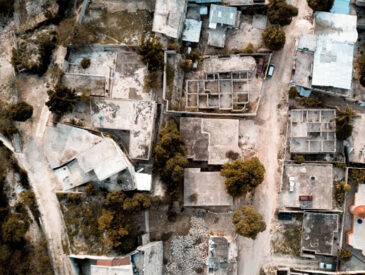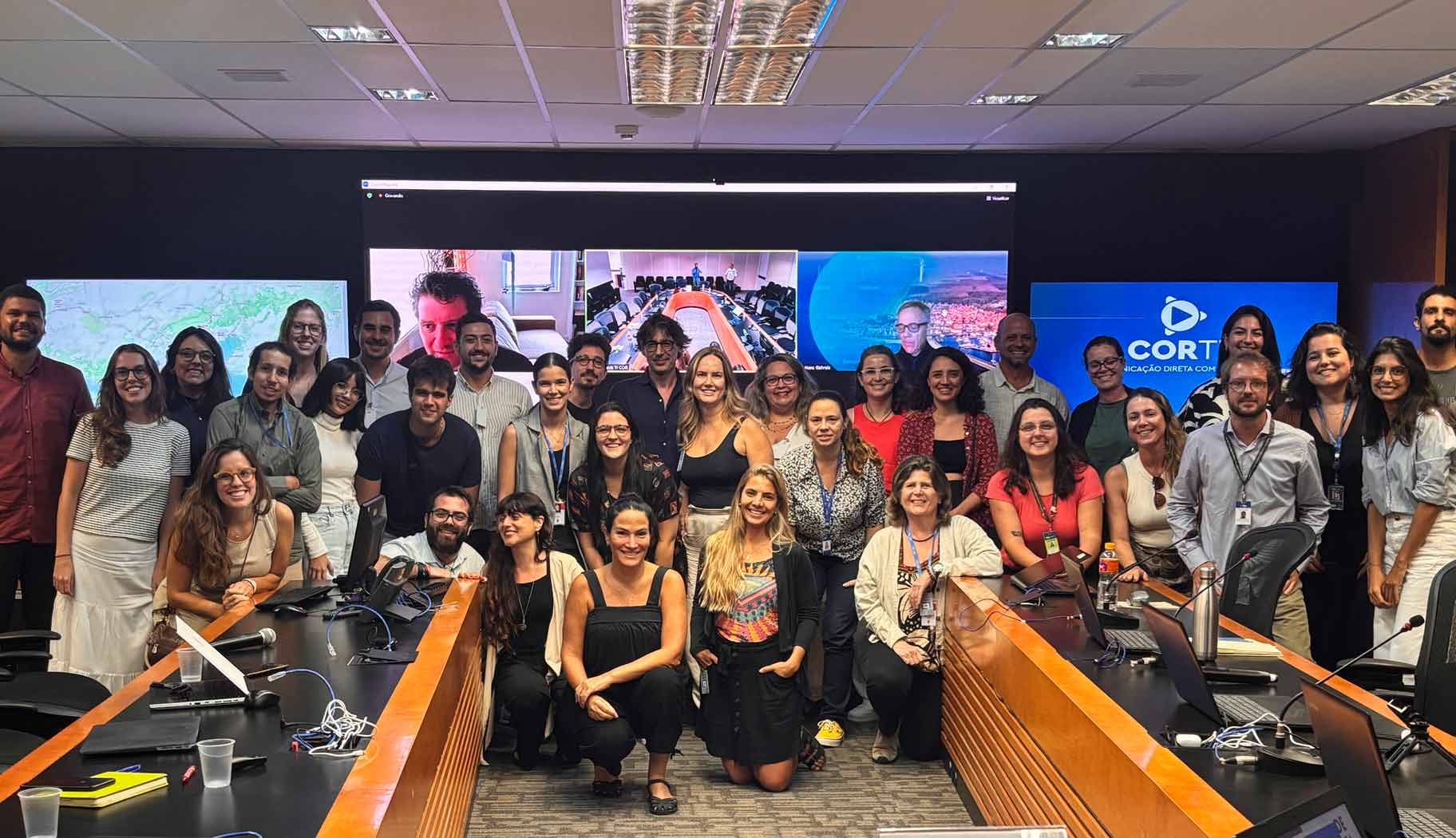Chantal Pocteau describes her role as a transdisciplinary expert for over 20 years, focusing on climate, environment, and society. She emphasizes the complexity of bringing different scientific fields— like climatology, biology, and social sciences —together, as each discipline has its own methods and tools. The key challenge is fostering mutual understanding among these disciplines to collaborate effectively. Chantal also highlights that merely informing politicians and the public about rising temperatures has not led to meaningful action for decades. Only recent extreme weather events have begun to shift public perception. A major issue, they point out, is that people prioritize their immediate concerns over climate change. Additionally, cultural and national perspectives shape how individuals understand and respond to environmental crises. She also introduces the concept of low-tech cities, which focus on using simple, appropriate technologies to reduce vulnerability, such as reusing building materials and relying on bio-sourced resources for construction. They advocate for more efficient land use, minimizing waste and pollution, and maximizing the utility of buildings that are often underused. The goal of low-tech approaches is to make urban spaces more resilient and sustainable.
Facts about Climate Change
Chantal Pocteau, the Director of research at the French National Center for Scientific Research (CNRS), chats about interdisciplinarity in the new field of climate studies, its benefits and challenges. She then focuses on climate cities and the use of low tech.





